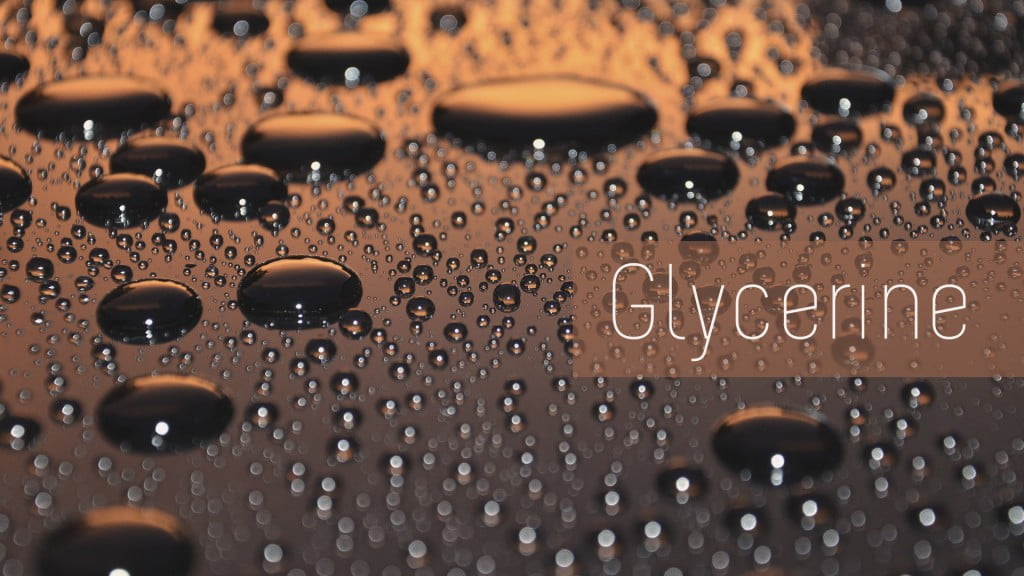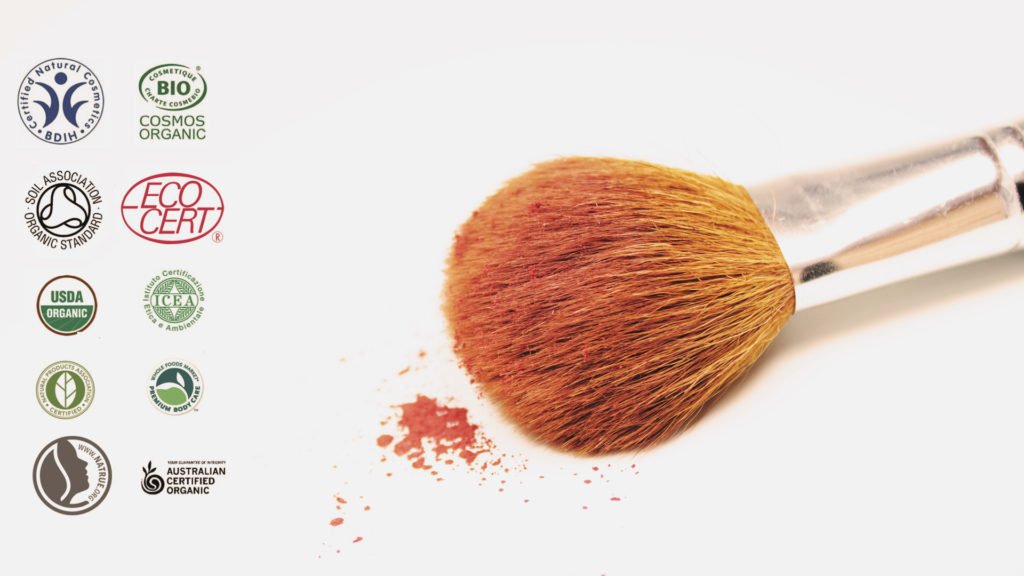In some product reviews on the Internet, you may hear a concern: the idea that a long list of ingredients in a cosmetic product would be something to worry about.
It is true that one could formulate a cosmetic with only 2 ingredients. Vegetable oil and an antioxidant may be enough to formulate a hair oil, for example. A cream could consist of only four ingredients: water or a hydrosol, an emulsifier, an oil and a preservative.
If one is actually looking for a very simple effect and nothing more, then why not. That could be enough. We could go even further and decide not to use a cosmetic product at all but simply to apply the oil and/or hydrosol we want.
That said, a formulator who means to make use of synergies or who wishes to give his/her formula a particular texture, will inevitably lengthen the list of raw materials.
This is especially the case for a formula that is meant to be high-end. For each ingredient, the formulator must consider both its properties (everything that ingredient may provide to the user) but also its physical characteristics (e.g. its fluidity or solidity and its dry or rich touch). This will allow the formulator to better control the final texture or the absorption rate into the hair or skin, for example.
When a long formula is elaborated with ethics, each ingredient contributes to the final product’s properties in this order: its benefits for the user, its texture, fragrance and color.
Determining the pertinence of long formulas is probably only relevant when done case by case; focusing on the quality and properties of each ingredient on the list.
What about you? What do you think? Do you trust long formulas? Do you think cosmetics must have simple formulas for them to be truly ethical?
Please, leave us a comment below or reply on Twitter #AntoninB #Formulas





